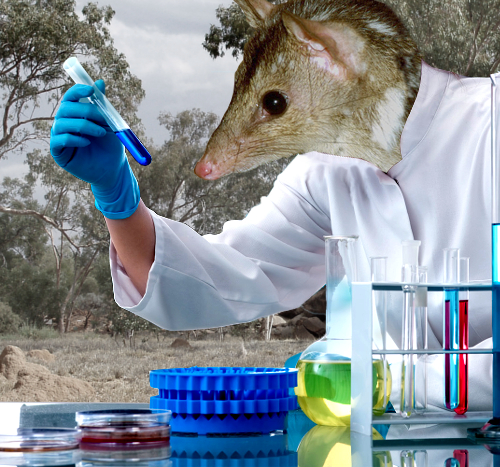Animal openness pledged
 Australian scientists have pledged greater transparency in animal research.
Australian scientists have pledged greater transparency in animal research.
At the Australian and New Zealand Council for the Care of Animals in Research and Teaching (ANZCCART) annual conference, Australia has joined the growing list of countries that have pledged to demonstrate their commitment to greater transparency in animal research.
Closely modelled on the UK’s pioneering Concordat on Openness on Animal Research which was launched in 2014 and has since been emulated in several other countries, the Openness Agreement on Animal Research and Teaching in Australia sets out four commitments that help institutions contribute to an improved public understanding of how, when and why animals are used in research or teaching.
Signing the agreement is voluntary, but is open to any institutions associated with animal research or teaching.
These range from those with a direct involvement such as universities or research institutes through to funding bodies and professional associations in the research sector whose involvement is indirect.
The agreement has been developed by a working group of representatives from peak bodies in the research and animal protection sectors and was convened by the Australian and New Zealand Council for the Care of Animals in Research and Teaching (ANZCCART).
Development of the Agreement included public consultation and targeted consultation within the research community.
Convenor of the working group, Dr Malcolm France, said that as well as aligning with the international trend to greater transparency, this agreement will help address findings that suggest Australians would like to have a better understanding of animal research.
“There is recent evidence both from an independent survey commissioned by ANZCCART and last year’s NSW parliamentary inquiry into animal research that the public feel poorly informed about this area and would like to know more. I think this makes the launch of the Openness Agreement very timely” Dr France said.
He also hopes that the initiative will raise awareness of the mandatory ethical scrutiny that is unique to this sector, and the diversity of activities it covers such as agricultural and wildlife field studies.
“A number of key stakeholders have already signed the Agreement and there are more to come. This is the first step on what I think will be a very rewarding journey for all involved” he said.








 Print
Print